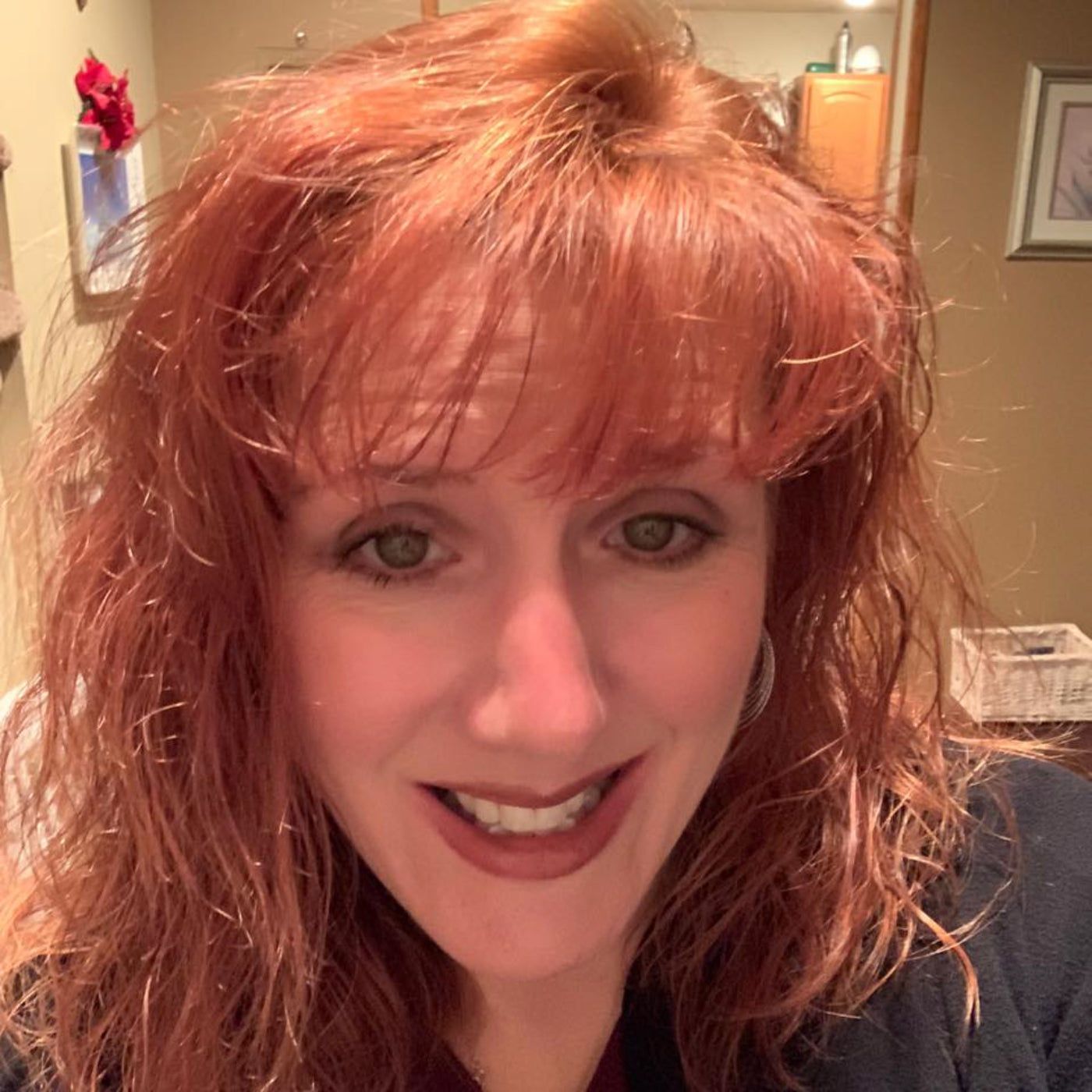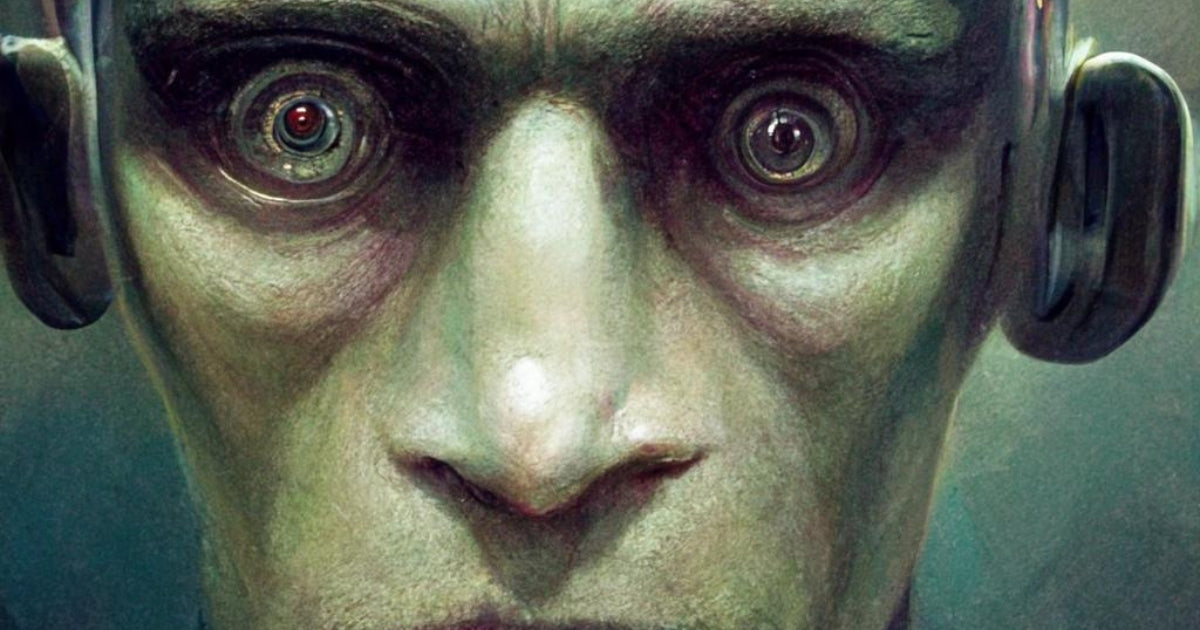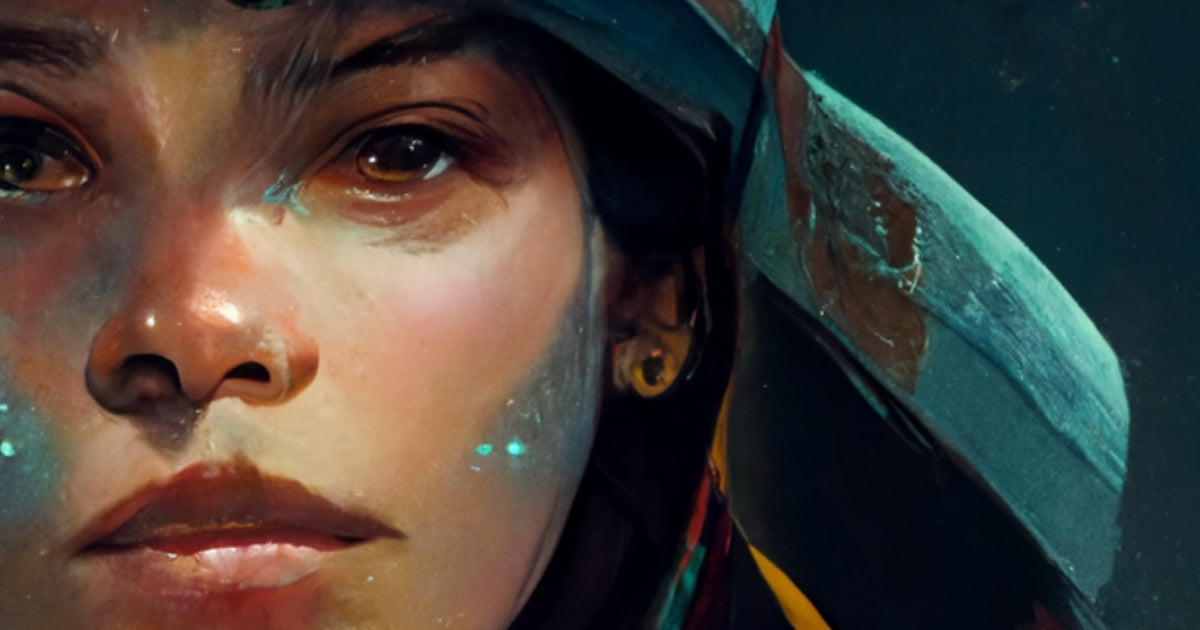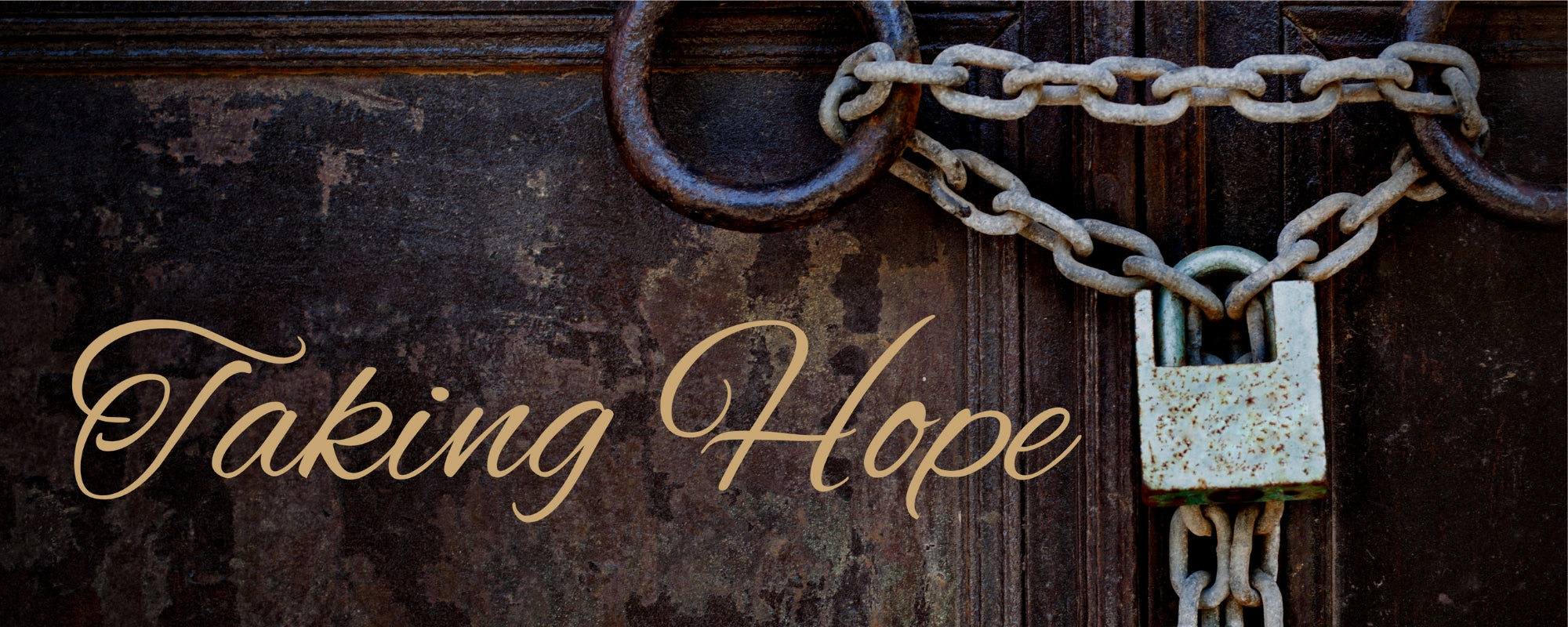
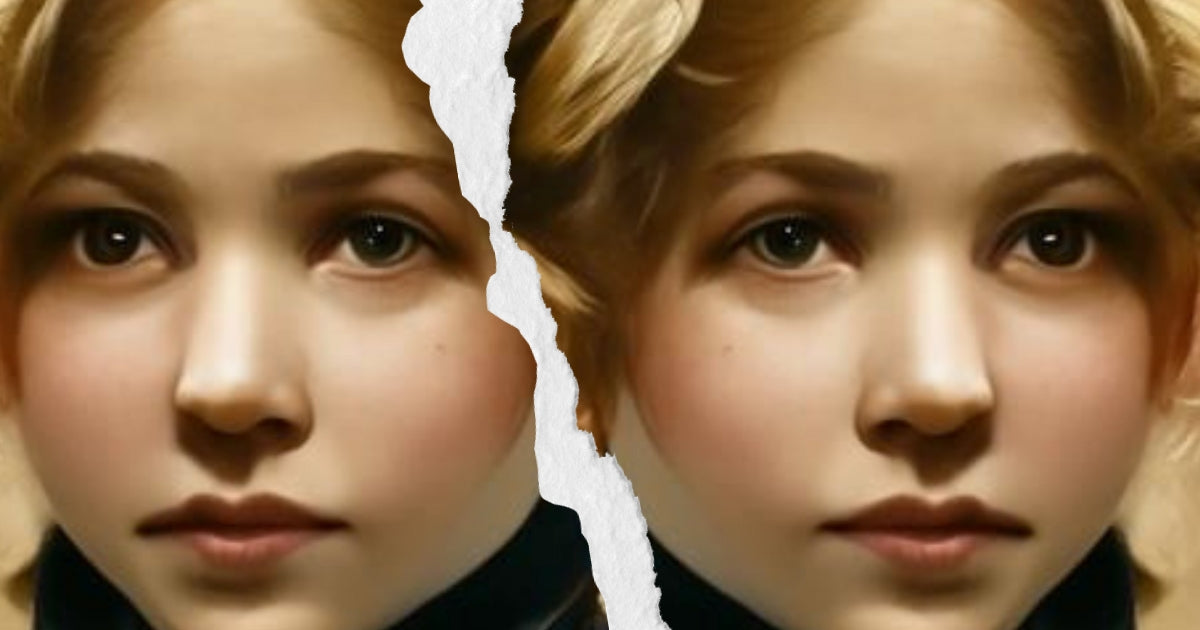
Taking Hope
By Lisa Fox
I never asked to be created.
For fourteen years, I’ve walked the Earth a shadow, nothing more than an artifact of light cast upon a more worthy being. I exist only to follow. They tell me I live to serve.
I have never been. There would be no me without she—my sister, the host from whose cells I originated. I’m neither human nor inhuman, but something in between. I entered this world quiet, soulless, placed by the gloved hands of scientists into a lonely incubator. No loving mother waited with soft arms to warm me, no adoring father to wrap me in his gaze—only crisp white lab coats, whose faceless wearers hovered, proud of the specimen and ignorant of the newborn soul.
Yet we persist. Through hours and months and years.
Until we realize who we are.
What we are.
I’ve spent my life reminded that I exist only so another should live, a truth branded upon me by hard words and harder glares, by a surgeon’s scalpel carving that commitment into my flesh each time I’m needed. I’m here for a purpose, but unlike actual humans, I know what my purpose is. Conceived by science, I’m the remedy for my sister’s defects; the font for flesh and blood designed to repair her flaws, relieve her pain, allow her to live a ‘normal’ life.
The doctors, my mother, and my father—they’ve molded me to be as diminutive as possible, prominent as a coat rack in a home. Though they might remove pieces of me to preserve my sister Elia, her mind and soul will never inhabit my body. It would require tremendous stretching to fit one so obese with entitlement within the meek frame they deigned appropriate for me.
Mother and Father wanted a healthy child, one whose giggles would echo as she ran barefoot and unfettered, toes tickled by the prickly blades of their glowing suburban lawn. They sought a completeness to themselves, a family that together smiled at sunsets as red skies faded into the pink shade of night. They wanted someone to read to and sing to, to share bedtime stories and ice cream sundaes. A child with whom they could plant a garden of flowers, hopeful that something would grow.
That something could grow.
More than anything, they wanted an assurance of parental joy. They wanted a child who would not be ripped from their grasp by death’s sharp talons. They sought a normal life—the assurance of tomorrow echoed in the time Before. Before the meteor hit the other side of Earth, destroying half the planet with fallout that poisoned the biological functioning of all who remained. Before children born from their mothers’ wombs entered the world substandard, their inevitable defects crying out as newborn wails.
My ‘parents’ needed something to cling to. They needed Hope. So, in the weeks before Elia entered the world, they sanctioned the making of me.
🧸
Doctors called us the ‘berry twins.’ Elia and I shared eyes as blue as the ripest blueberry, hair the color of strawberry, and cheeks with freckles the color of raspberries.
We were as adorable as a girl and her clone could be.
Every month, Mother and Elia skipped together, hand-in-hand, over the crumbling sidewalks leading to the hospital for our routine check-up. Elia’s rainbow ballerina skirt flounced as carefree as her curls as she bounced along. I trailed behind, shuffling under the constraint of my scratchy gray dress. Tight at the knees, it enabled small steps only. I could never keep up.
The doctors poked and prodded and pinched. The light they shined in my eyes was so bright it broke into spots that danced in my vision. Sometimes I felt like one of those spots, a floating fragment broken from its source—visible yet inconsequential.
Mother always made a show of holding her breath when the doctors examined Elia. Red-faced and buggy-eyed, Mother winced as Elia whined, awaiting those special words that tumbled from the doctor’s lips, “Your daughter is fine.” Mother squealed and cried. She smothered Elia in a hug so deep all I could see was Elia’s hair trailing over Mother’s arms, her tiny head buried in Mother’s bosom.
Mother always rewarded Elia with a candy store trip for being ‘so brave’ with the doctors. Elia could choose whatever sweet she wanted. Usually, it was a red lollipop that was bigger than Elia’s face.
They left me outside to hold Mother’s overflowing bag of Elia’s toys, stuffed with my sister’s favorite comfort items, and instructed me to wait for the car. Even in the toxic red rain, I stood there as droplets pelted, sharp as stone, and streamed down my face like rivers of blood.
I often dreamed about what it would be like to wander through that candy store—clouds of sugar wafting over the room, consumed with each breath. Oh, the choices! With furtive glances through the storefront window, my eyes devoured licorice and bubblegum and gumdrops and caramels. I imagined how a whiff of their sweetness would translate to taste and texture, and how it would feel to hold a fistful of bliss, packed in a clear shining bag.
How I wished for just a lick of Elia’s lollipop.
She never offered, and I never asked.
I never asked for anything. Not even an umbrella.
🧸
Elia and I shared a room until we were five. In those early years, it was simpler for Mother to tend to our needs if we were together. Elia slept in a canopied bed draped in lavender tulle, her bedspread satin and smooth, fit for a princess. An army of toys and dolls and stuffed creatures stood sentinel. Mother spent each night rubbing Elia’s back as she fell asleep under a nightlight of stars that bathed the room in a celestial glow. I’d never seen stars before; no one on Earth had. Not since the blast.
But I did not dare ask Mother about the stars. She’d struck me once as I snuggled into the rough cotton sheets of my cot, quietly humming the melody that floated from Elia’s music box. “Do not disturb Elia!” Mother gritted her teeth. “Elia needs her rest. You need to know your place here.”
My cheek smarted where her hand had connected, but I didn’t need to be told. I knew my place. My place was in service to my sister, my existence a ghostly reminder of her fragility, a reminder of what Mother stood to lose.
🧸
Not long after that night, they moved my cot to the basement. My presence was too distracting. Mother told me that Elia needed her strength, and that by sharing the same air, I would weaken her.
“You’re old enough to manage on your own,” Mother said, tossing my clothing into plastic bins.
Before I’d left Elia’s room for good, I took one of Elia’s rag dolls from the menagerie on the shelf. She had so many, and I knew this one wouldn’t be missed. Stuck in cobwebs behind a stack of wooden puzzles, it was plain and old and ugly. It didn’t fit with Elia’s other toys. I was surprised it lasted so long.
Sitting beneath the glow of a naked light bulb hanging from the rafters, I leaned back against the damp basement stone and pulled the doll from its hiding place inside my pillowcase. Its face was dusty, and its yarn hair was matted and sticky. Its button eyes hung from loose threads like teardrops.
“I’ll always love you.” I hugged the doll close.
It was nice to care for something.
I named her Hope. After me.
🧸
We were ten years old when the lesions first appeared on Elia’s skin. It was a Tuesday, and they had called me upstairs to sweep and mop the floors. Elia started digging at her ankles just as she’d logged out of her online math lesson.
“Bugs, Mommy! Bugs!” she wailed, scratching so hard she drew blood.
Mother frowned as she saturated a kitchen rag with cool water and scowled at me as she wrung it into the sink.
“Don’t just stand there,” she said to me. Mother’s voice quivered, her eyes big and wild—more histrionic than the show she put on in the doctor’s office during our monthly exams. I could smell her fear, rancid as rotten fruit. “Do something useful! Earn your keep for once!”
I nodded, scurrying past Mother toward the refrigerator.
Lunch. I could make lunch.
I retrieved packages of deli meat and cheese from the fridge, pulled bread from the breadbox. I folded thin slices of ham atop the bread and layered in the cheese. The meat was slimy and gross.
Elia squirmed and whimpered as Mother dabbed at her ankles with the cloth. Father emerged from his study. This was serious. Usually, we only saw him at dinner.
He clamped hands down onto Elia’s shoulders. His clenched jaw and bulging veins suggested efforts not intended for comfort but for restraint.
The welts grew. Elia’s legs looked as if they’d been pulled from boiling water. Within minutes, the lesions had grown into bloody pustules the size of golf balls. She screamed.
I fainted.
🧸
If I moved, it hurt. If I didn’t move, it hurt more. At least Mother had been kind enough to replace my scratchy sheets with a set of Elia’s satiny princess ones. After all, if it hadn’t been for me, Elia would have lost her legs to the infection.
She might even have lost her life.
My lower back, my stomach, the underside of my arms burned where they’d taken my skin. My body was intact, but my insides were exposed. They’d removed squares of flesh for Elia’s grafts—like deli meat, I thought—and they needed to do it twice for the skin to take.
I inched my arm toward my pillow, convinced that each movement would crack my body open. Mother hadn’t changed the casing on my pillow, thank goodness, and Hope waited in hiding. I rested my hand over the doll’s belly and let the soft cotton of her dress slide between my fingers. It was as cool and soothing as springtime grass on those days when the radiation levels were safe and Mother let us sit outside. She and Elia would have tea parties in the garden, and I’d sit by myself, looking out at the red sky.
I laid on my bed and stared into the light bulb above. The scorching filament danced, taunting me with feverish light. All I wanted was the dark. And to be comfortable. The moist basement air did little to cool me, and I was drenched in sweat.
If I could just pull that string, douse the light and sleep, lose myself to the pain for only a little while.
But I dared not call out for help. Mother had already given me the soft sheets, a glass of room-temperature water, and two painkillers.
Besides, they were busy. Poor Elia was recovering from two major surgeries. She was hurting and sick. Very sick.
A little girl needs her Mother in times like these. At least, that was what Mother said.
I closed my eyes.
That light. So bright.
🧸
I never asked to be created.
I never consented when they peeled the skin from my flesh or plucked out my left eye when Elia lost her sight. I never agreed to the scalpel plunged into my belly when Elia’s kidney failed.
Why should I have two, they said, when Elia only had one?
But no one gave me a lollipop for being a good girl for the doctors. Instead, they left me in pain and alone. To them, I’m inhuman. Soulless. A specimen.
I slide my hand into my pillowcase to retrieve my doll. I’m fourteen now, too old for playthings, but I hold her close anyway.
Tomorrow, they plan to take my heart.
I must die so Elia can live. It is my purpose. The reason I exist.
Yet.
I refuse to climb into that car tomorrow.
I will not discard my clothing for a surgical gown, nor glare at Mother when she tells me it won’t hurt a bit.
It won’t hurt, because I won’t lie on their gurney or count backward from one hundred.
They won’t touch me. My absence will give voice to my lack of consent.
I would not exist without Elia, but there will be no she without me.
🧸
Before I leave, I look upon Elia, sleeping in her princess room. I kiss her forehead and press my pillow firmly onto her nose and mouth so that she will breathe in the perfume of my shampoo, remember the scent of me, the scent of her as she drifts into never-ending sleep.
I press firm on the pillow until she’s quiet. Still.
No one should be made to suffer.
As Mother and Father sleep, I walk out the door. With me, I take my Hope. I won’t leave my doll behind to be burned with the trash.
I am not sorry.
I am an errant flash of light floating, a portion split from its source, shining on.
I am.
I.
Am.
Copyright © 2022 Lisa Fox
Continue reading
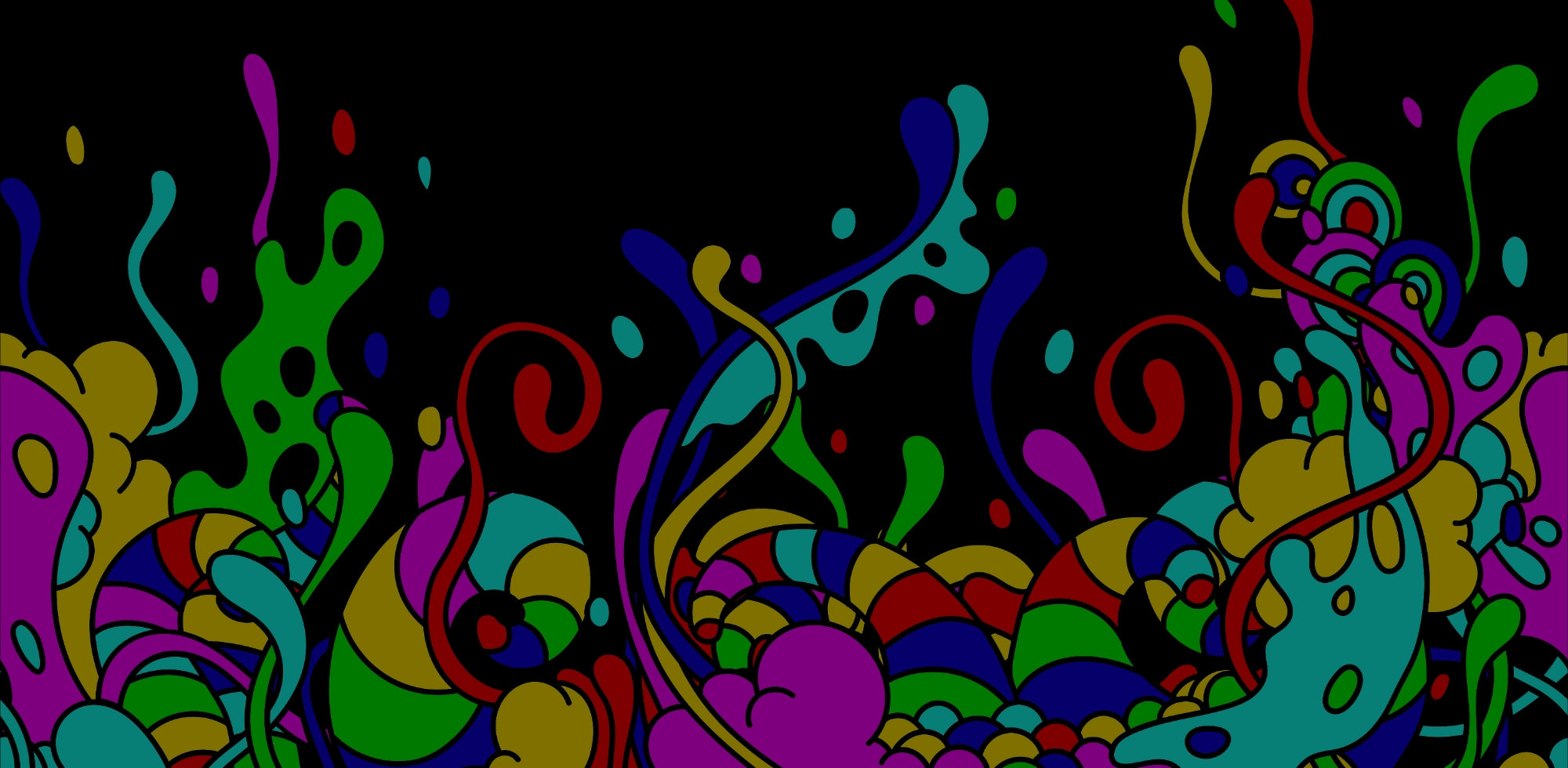
Get Author Updates
Promotions, new products and sales. Directly to your inbox.


